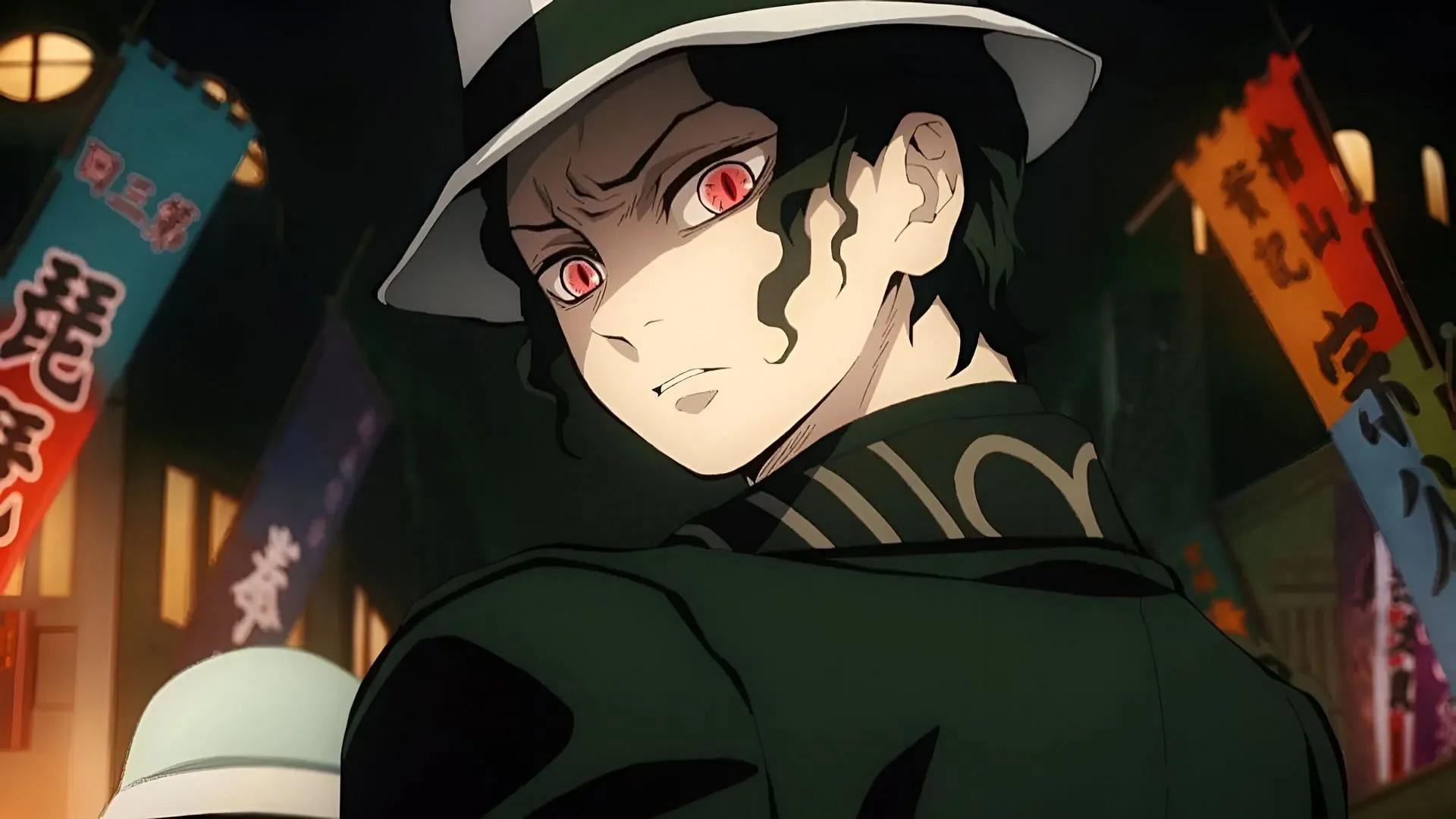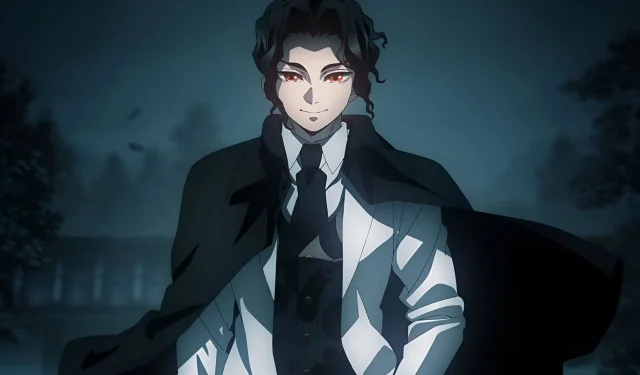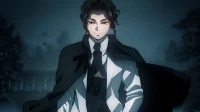The antagonist of Demon Slayer, Kibutsuji Muzan, possesses immense power yet rarely harnesses the Blood Demon Arts of other demons. His limited use of Nakime’s spatial abilities suggests potential capabilities that he chooses not to exploit, raising questions about either his constraints or deliberate choices.
Muzan’s obsession with conquering sunlight illustrates his laser focus on this singular goal. As the progenitor of all demons, he likely has access to various Blood Demon Arts. However, he seems to prioritize sheer strength and survival over utilizing these inherited powers, providing insight into both his character arc and the broader power dynamics within the series.
Disclaimer: This analysis is a speculative theory and represents the writer’s perspective.
Muzan’s Power Paradox: Limitations and Selective Absorption
Evidence suggests that Muzan can utilize Blood Demon Arts from other demons, though this capacity appears selective and limited. The databook states that he can actively wield Nakime’s spatial manipulation powers, as seen during pivotal confrontations with the Hashira. This assertion aligns with the understanding that all demons trace their origins back to Muzan’s bloodline.
However, technical constraints may hinder his ability. Unlike Nakime’s powers, which operate at a distance, many other Blood Demon Arts might demand specific knowledge or training that Muzan lacks. This explains his inability to absorb the talents of skilled demons like Kyogai, whose drumming techniques necessitate expertise beyond mere brute strength.

Muzan’s relentless pursuit of Nezuko serves to strengthen this theory. His fixation was not on her specific Blood Demon Art but on her unique resistance to sunlight—a trait he believed could alleviate his critical vulnerability. This narrow focus has defined his existence for centuries, sidelining any intent to accumulate a diverse array of demon powers, regardless of their strengths.
This selective strategy reveals much about Muzan’s psychological landscape. As the foundation of all demons, he simultaneously exhibits a notable cowardice by avoiding direct confrontations.
In his most recent battle, he relied on pure strength rather than demonstrating strategic combat skills—an approach distinctly different from the calculated tactics employed by Upper Moons such as Kokushibo and Akaza. Muzan’s tendency to favor straightforward abilities over those that require significant skill and training speaks volumes about his overall fighting mentality.
Muzan’s Ego and Limitations: How Pride Constrains His Power
Muzan’s ego also plays a formidable role in constraining his power options. His conviction in his superiority leads him to disregard the talents and techniques of those he perceives as “inferior.”His pride likely prevents him from utilizing Doma’s ice abilities or Akaza’s compass needle techniques, even if he is technically capable.
For Muzan, adopting another demon’s powers signifies acknowledging that they have achieved something beyond his reach, a notion his pride cannot endure. Additionally, the unique Blood Demon Arts of each demon seem deeply entwined with their emotional states and personality traits.

For instance, Rui’s threads illustrate his longing for familial bonds, while Gyutaro’s sickles embody his bitterness and resentment. Muzan’s self-absorbed nature would make embracing the emotional core of these powers virtually impossible.
The battle within the Infinity Castle provides further evidence of his limitations. Confronted by multiple Hashira, he predominantly utilized physical assaults rather than leveraging a tactical combination of potent Blood Demon Arts from his Upper Moons.
This tendency indicates not only a potential inability but also a reluctance to harness these available powers during combat, despite the strategic advantages they could offer against the Demon Slayer Corps’ varied fighting styles.
Conclusion: The Implications of Muzan’s Choices
The theory surrounding Blood Demon Art absorption amplifies both the intricacies of Demon Slayer’s power framework and its more profound themes. Despite his formidable abilities, Muzan is constrained by his fear, pride, and obsessive quest for sun immunity. In stark contrast to the Demon Slayers who strive beyond their limits, he clings steadfastly to a singular goal, neglecting the exploration of diverse strengths.
His unwillingness to acknowledge the prowess of others ultimately lays the groundwork for his demise. This outcome reinforces a central lesson of the series: true strength lies not merely in raw power but in the wise and purposeful employment of that power—a principle that Muzan, despite centuries of experience, never comprehends. His failures starkly contrast with the perseverance that embodies authentic strength.


